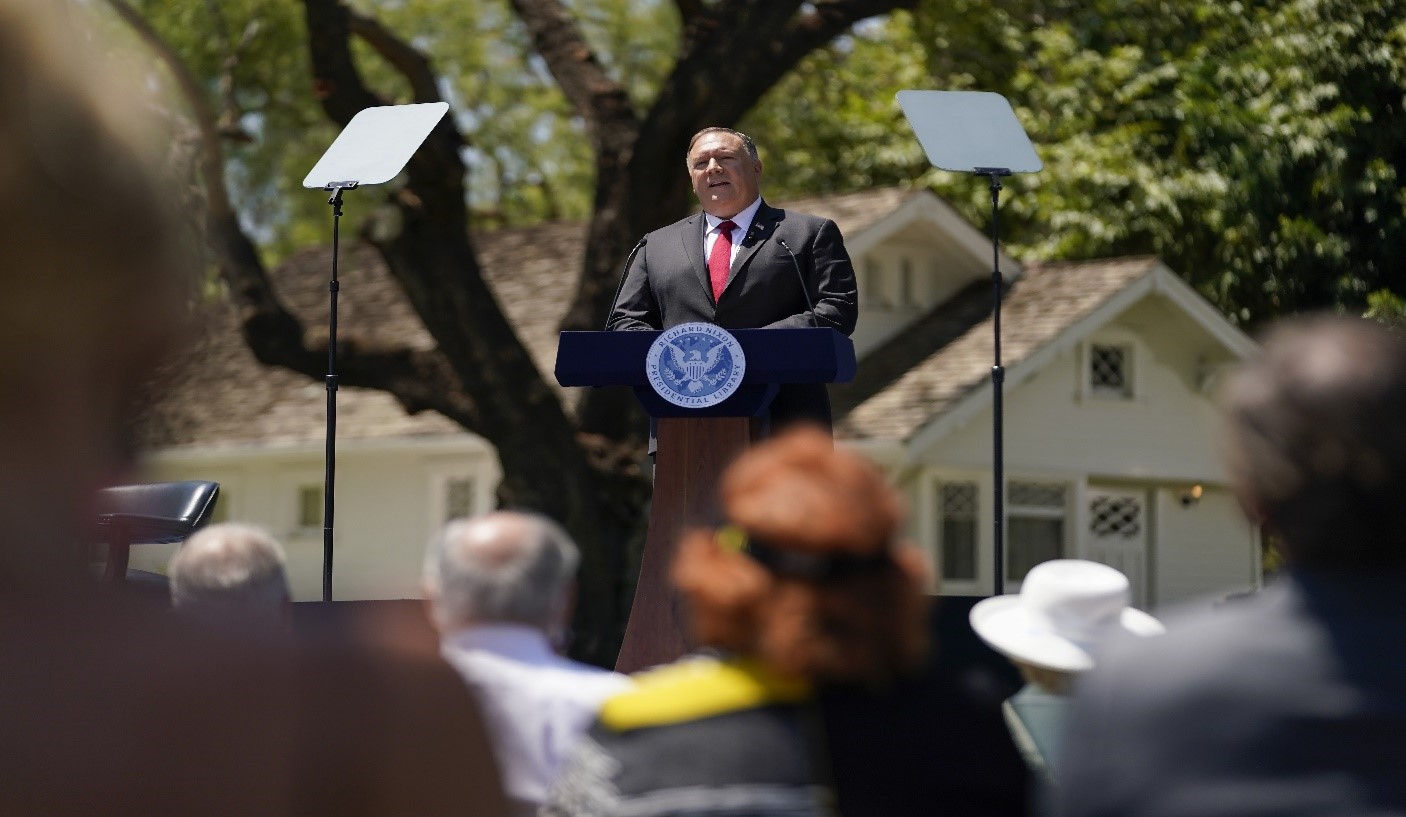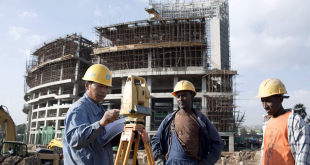U.S. President Donald Trump is at least consistent in being unpredictable: He is as an unpredictable president, just as he was an unpredictable candidate. Within the last couple of years, his administration has formulated and implemented a series of China policies that are both unprecedented and destabilizing.
On August 16, diplomats from Chinese Consulate-General in Houston returned to Beijing after the U.S. government unilaterally demanded the closure of the facility. “This is unprecedented,” said Zhou Wenzhong, former Chinese ambassador to the United States. “This rarely happens between nations that have established diplomatic relationships.”
As the first Chinese consulate in the United States, the Houston facility holds substantial ceremonial and historic importance in the China-U.S. bilateral relationship.
Closing the consulate is an irresponsible diplomatic act. But, as Ambassador Zhou pointed out, such an act serves Trump politically. As Trump tries to catch up with his rival in the upcoming elections, acting tough on China helps him elevate his poll numbers.
Looking at the broader picture of the China-U.S. relationship, Trump administration’s actions have become even more explainable. As the only superpower in the world, the U.S. pretty much held an unchallenged hegemony ever since the fall of the former Soviet Union. China’s rapid rise, while benefiting the United States economically, triggered alerts within the American political circles. As this Asian power rises to prominence on the world stage, “sharing the spotlight” became a struggle for U.S politicians.

“Even Henry Kissinger said that it is impossible to go back to what it was,” Zhou said. He believes the U.S. has changed the way it sees China. “U.S. no longer sees China as a partner in cooperation, but an opponent, a political adversary,” said the former ambassador, “and learning how to co-exist with a peacefully rising China is a problem and a challenge for the United States.”
China and the U.S.’s interests are too intertwined after all these years of interaction to be severed or damaged without deeply hurting both countries. “Competition is unavoidable, but it should be a positive competition,” Zhou said.
However, the political interests of some U.S. politicians, especially in an election season, could be powerful enough to derail it. The U.S. is currently facing some fundamental societal crises, of which racial division and income inequality are the most pressing. “Picking a fight with other countries is a convenient way to divert the public’s attention,” said Zhou. And this is what Trump and his administration’s officials are doing.
The American public, despite the fact that a portion of it is falling for this tactic, is showing signs of resistance to White House’s China policy. Secretary of State Mike Pompeo might have relished his “new iron curtain” speech at the Nixon Library, but such an approach has been rebutted by the experts, scholars and entrepreneurs alike for quite some time. Last year, about 100 people signed a letter, published by The Washington Post, to Trump and Congress, opposing the U.S.’s aggressive approach to China. The number of signatures has increased to nearly 200 since.
“These are leaders in different sectors of the U.S. society,” Zhou said. “Of course, it might be difficult to change Trump’s mind. But, the hope is that more Americans will speak up despite the electoral incentives.”
Trump’s behaviors and policies are leaving deep wounds on the international community. He owes China an apology and a remedy when he chose confrontation and forced the closure of the consulate. He failed at taking up his reasonability to the United States and to the world. Speaking from his decades of experience in the diplomatic court, Zhou says “no other U.S. president has ever been like Trump.”
Scriptwriter: Huang Jiyuan
Source: cgtn.com
 Africa -China Review Africa -China Cooperation and Transformation
Africa -China Review Africa -China Cooperation and Transformation
